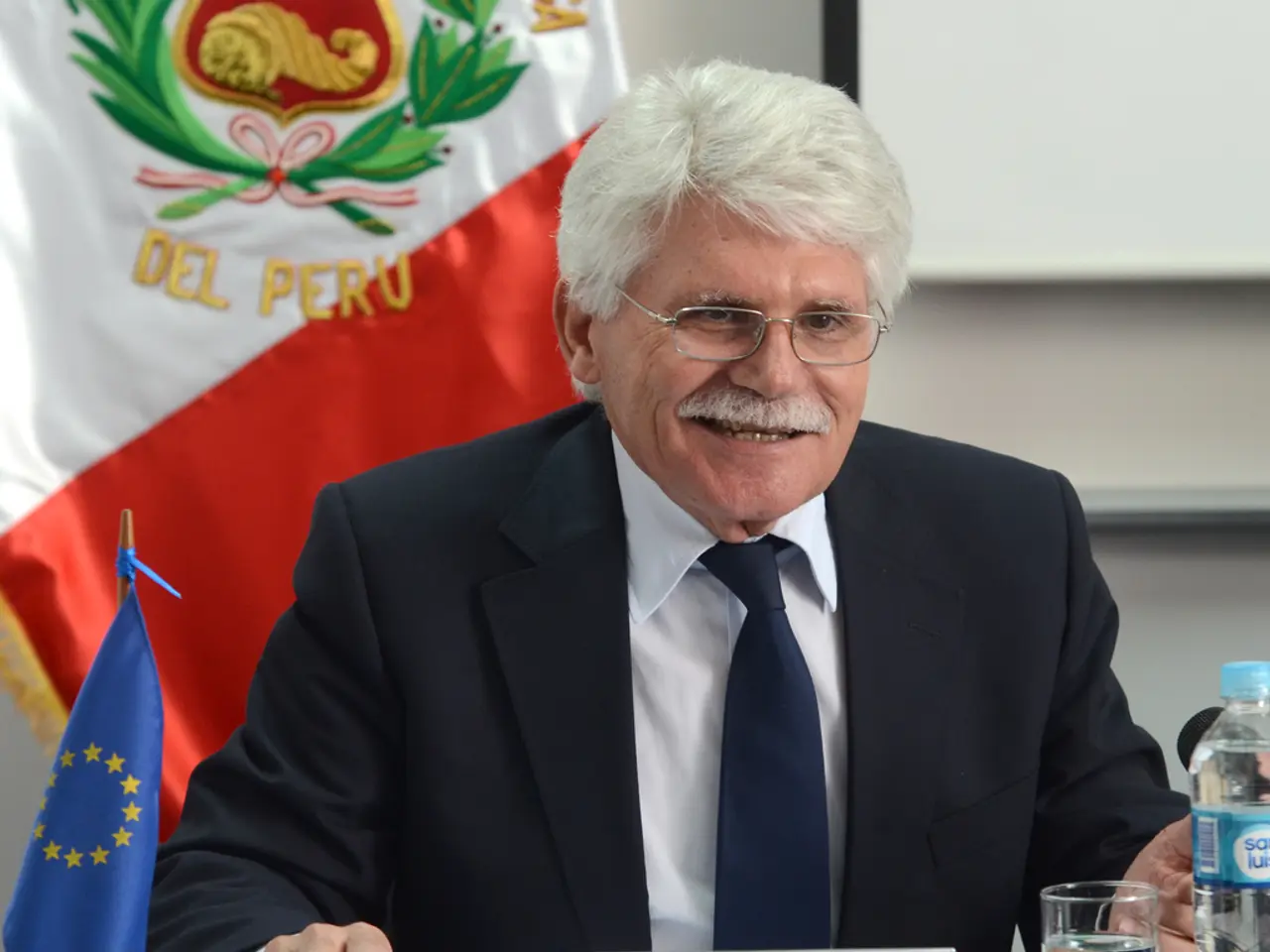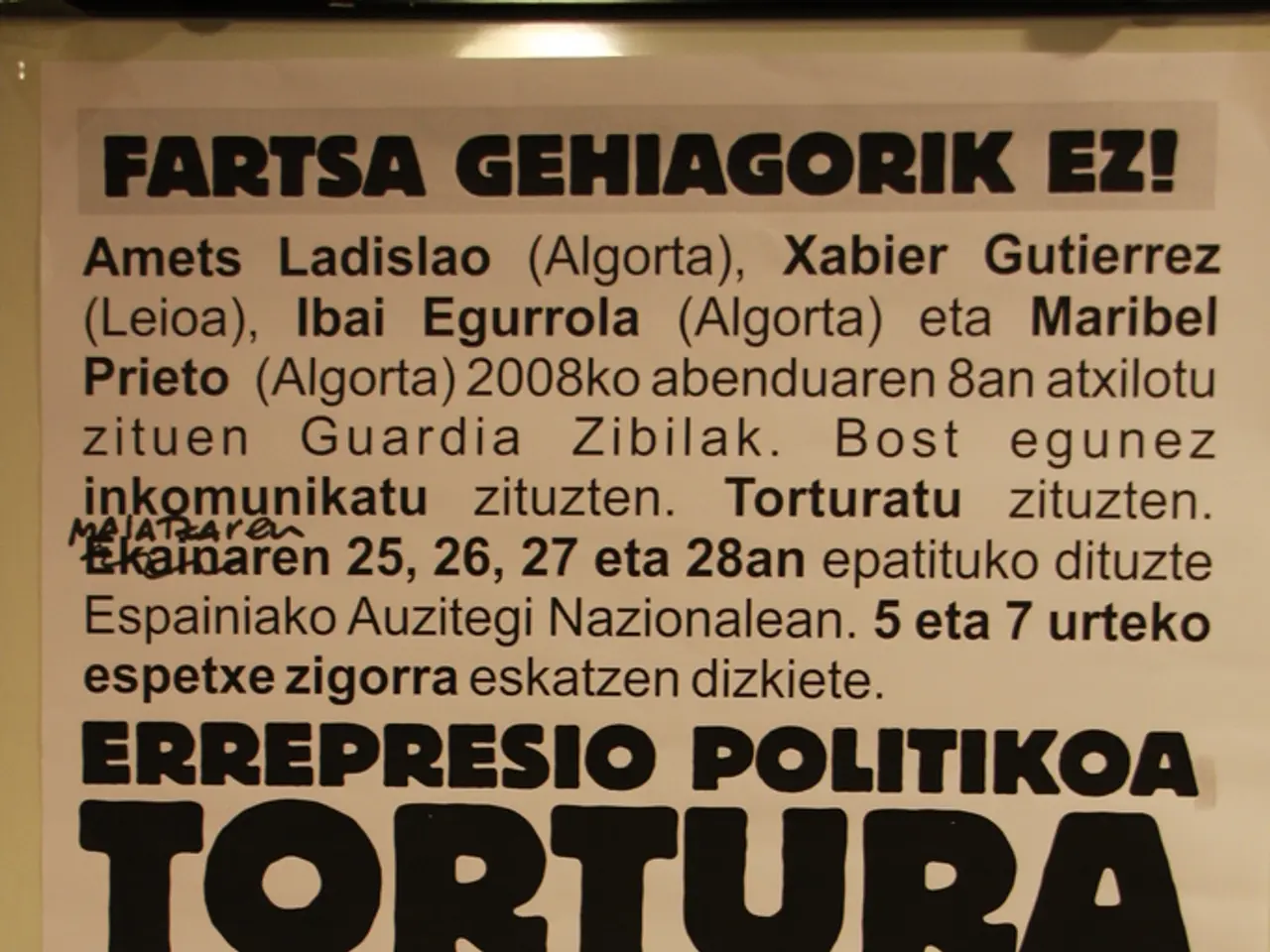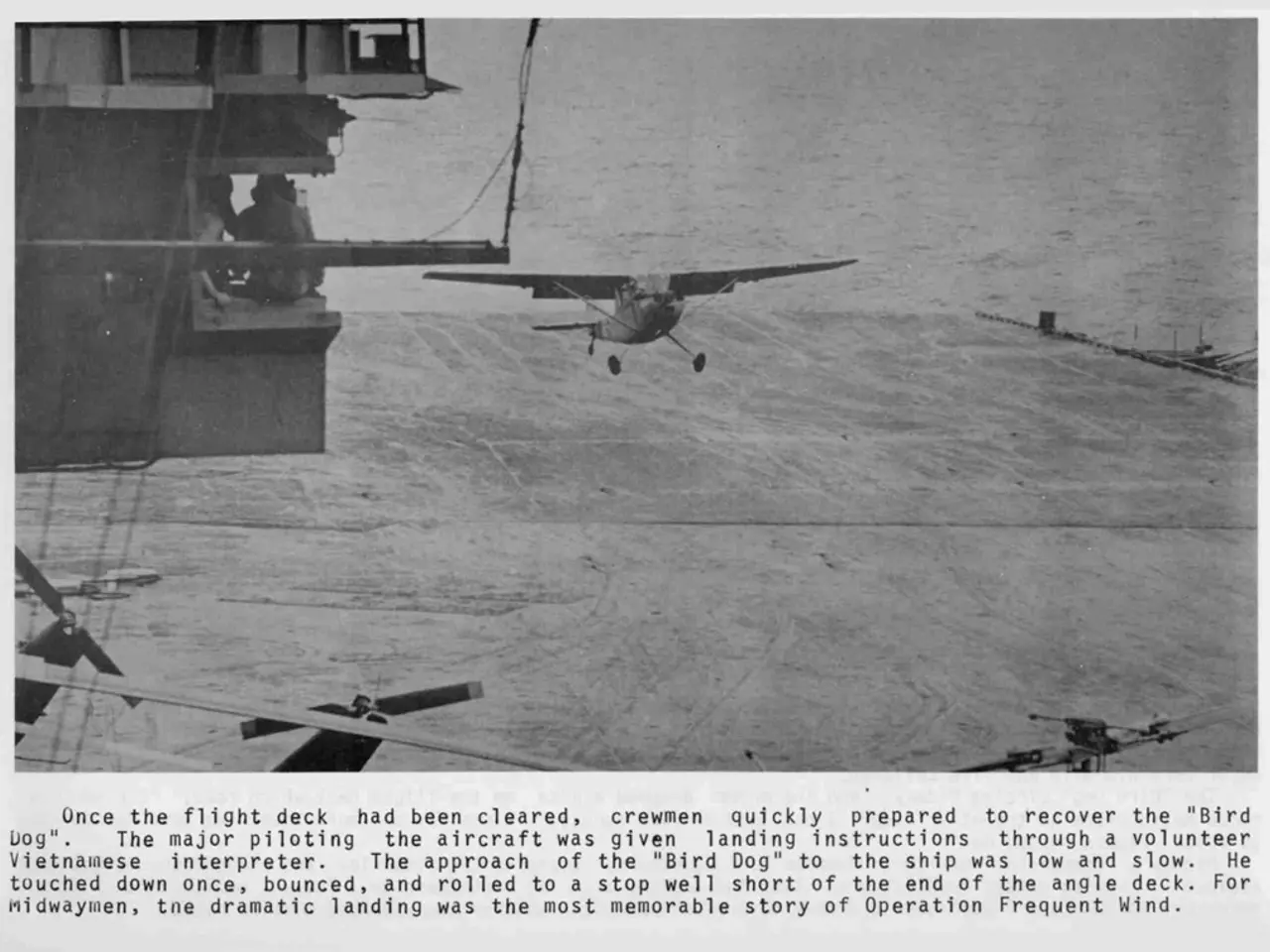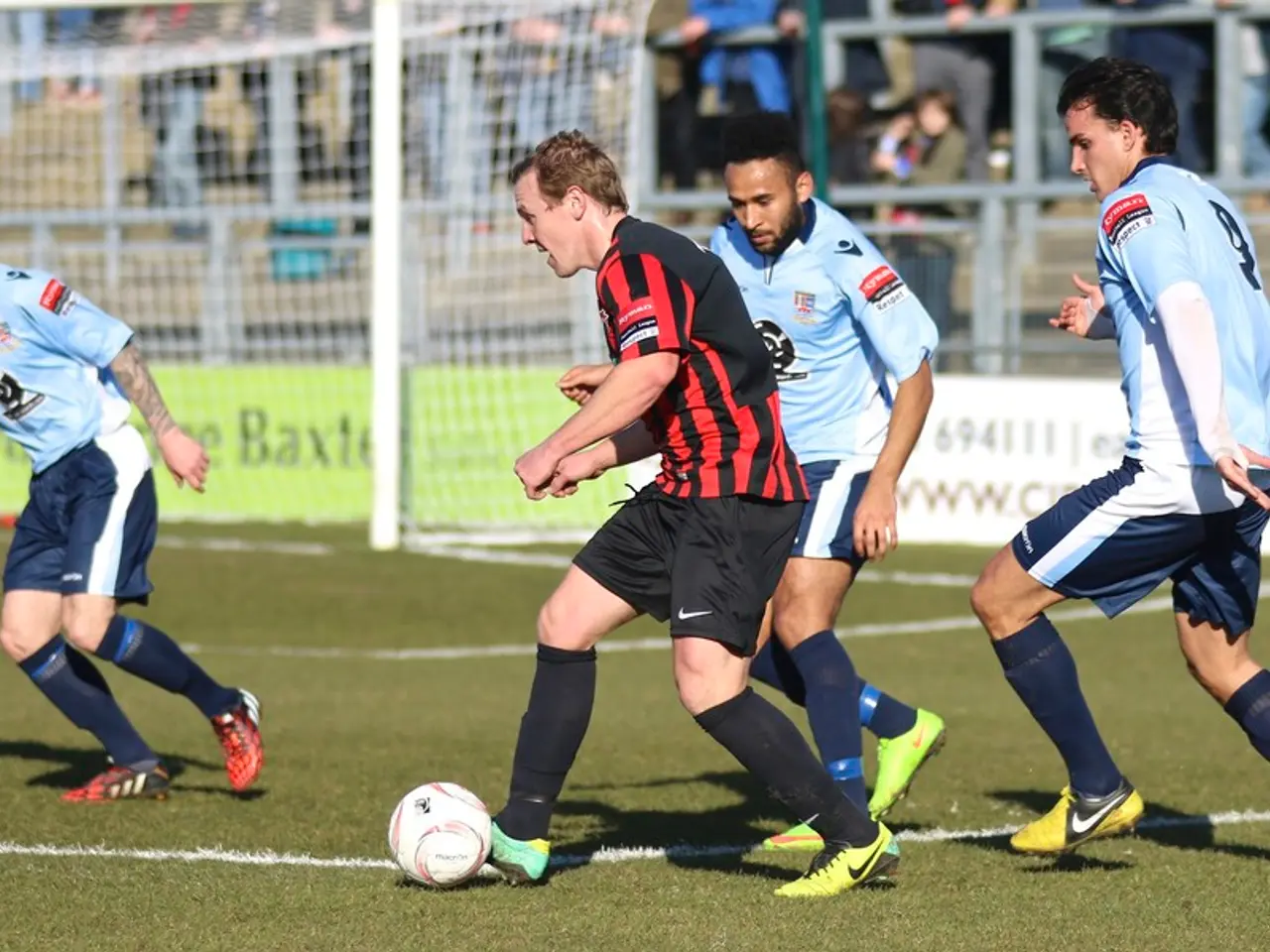Unrest and anxiety rise in Bolivia ahead of polarizing election
Bolivia's Economic Crisis and the Upcoming Election
Bolivia is currently grappling with a severe economic crisis, facing a high risk of defaulting on its debts. This crisis forms the backdrop to a potentially volatile election scheduled for August 17th.
The country's economic woes can be traced back to the exhaustion of the extractive hydrocarbon model, particularly the sharp decline in gas revenues. Bolivia's economy heavily relies on gas exports for foreign currency, but insufficient reinvestment and exploration have led to a drastic drop in gas production and revenues, eroding Bolivia’s main source of dollars and depleting foreign reserves.
The government faces large fiscal deficits exacerbated by costly state subsidies that keep fuel prices artificially low, causing annual losses of around $600 million. The Central Bank has financed fiscal deficits via monetary expansion, pushing Bolivia’s public debt to 95% of GDP. This, coupled with a chronic shortage of dollars, has led to a balance of payments crisis.
The dollar shortage intensifies inflation and shortages of essential goods, with liquidity constraints disrupting economic activity. Protests aligned with former leader Evo Morales have also contributed to losses estimated at $4 billion in 2024, deepening recessionary pressures.
The ruling MAS party's dependence on Morales’ leadership left the political system without democratic renewal and programmatic unity, complicating policy responses. The current administration blames the legislature for failing to approve crucial external financing bills needed to stimulate investment.
Many Bolivians who escaped poverty during the hydrocarbon boom have fallen back into hardship, accelerating public discontent and political disenchantment. This erosion of support for leftist governments creates an opening for right-wing candidates advocating fiscal austerity and economic reforms.
In the upcoming election, the leading candidates on the right, Samuel Doria Medina and Jorge "Tuto" Quiroga, are campaigning on pledges to slash the size of the state. On the left, Andrónico Rodríguez, a former MAS leader and protege of Morales, is contesting the election at the head of the leftist Popular Alliance.
The MAS's economic and social model, which aimed to redirect funds to Bolivia's poor indigenous majority, has been exposed as unsustainable. The deepening crisis has led to rising inflation and growing shortages of basic goods, making daily life difficult in Bolivia, one of Latin America's poorest nations.
Successful resolution of Bolivia’s crisis requires comprehensive reforms addressing these intertwined economic, political, and social challenges. Implementing credible and sustained fiscal consolidation, economic diversification, political renewal, external financing, and addressing social strains are crucial steps towards restoring economic stability.
The August 17, 2025 elections are poised to bring a political shift, likely away from the ruling MAS party, given widespread frustration with economic management. Right-wing candidates, influenced by regional figures like Javier Milei and Nayib Bukele, advocate neoliberal reforms focused on fiscal austerity and reducing the state's economic role—policies which have gained traction among a disillusioned electorate seeking change.
References: [1] World Bank Group. (2021). Bolivia: Overcoming Economic Challenges. Retrieved from https://www.worldbank.org/en/country/bolivia/publication/bolivia-overcoming-economic-challenges
[2] International Monetary Fund. (2021). Bolivia: Selected Issues. Retrieved from https://www.imf.org/en/Countries/BOL/Issues/Cases
[3] Inter-American Development Bank. (2021). Bolivia: Addressing Economic Challenges. Retrieved from https://www.iadb.org/en/countries/latin-america-and-caribbean/bolivia/bolivia-addressing-economic-challenges-20896
[4] The Economist. (2021). Bolivia's economic crisis. Retrieved from https://www.economist.com/the-americas/2021/02/27/bolivias-economic-crisis
[5] Reuters. (2021). Bolivia's economic crisis deepens, forcing Morales to abandon re-election bid. Retrieved from https://www.reuters.com/world/americas/bolivias-economic-crisis-deepens-forcing-morales-abandon-reelection-bid-2021-03-11/
War-and-conflicts may escalate in Bolivia due to the looming political shift in the August 17, 2025 elections, given the widespread frustration with economic management. This election, influenced by regional politics, could potentially lead to a change in Bolivia's economic policies, with right-wing candidates advocating for neoliberal reforms.
The upcoming elections in Bolivia, affected by the country's economic crisis, are also significant political news, as they may mark a shift away from the ruling MAS party towards candidates advocating for fiscal austerity and reduced state economic role, reminiscent of policies adopted elsewhere in the region.








